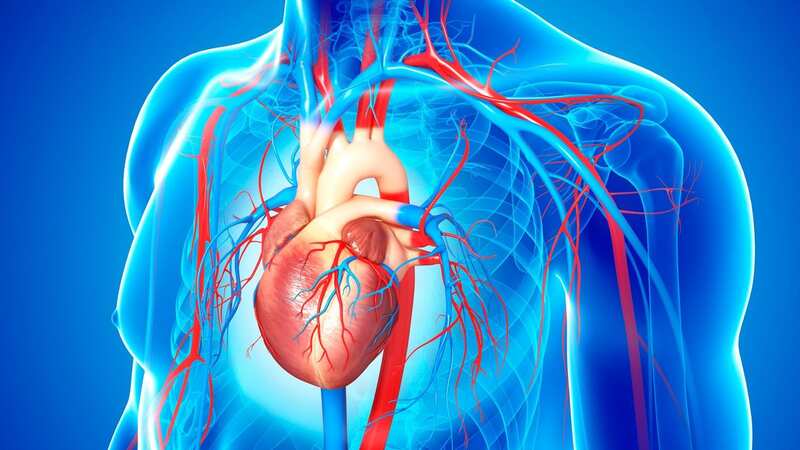Doctor warns eating too much protein 'bad for your arteries'
A doctor has warned eating too much protein could be "bad for your arteries" - and highlighted the four foods that could be detrimental to your health.
A new study by American researchers found excessive protein levels could increase atherosclerosis, a build-up of fats, cholesterol and other substances in and on the artery walls. Foods which have a high protein content include meat, eggs, lentils and fish including salmon and cod. Dr Babak Razani, senior study author said: “Our study shows that dialling up your protein intake in pursuit of better metabolic health is not a panacea. You could be doing real damage to your arteries.”
Published in the journal Nature Metabolism, the study involved small human trials with experiments in mice and cells in a petri dish. It showed the consumption of more than 22% of dietary calories from protein can lead to increased activation of immune cells that play a role in forming a dangerous blood plaque in your artery.
The research team also discovered leucine, an amino acid enriched in animal-derived foods such as beef, eggs and milk, is primarily responsible for abnormal macrophage, a white blood cell activation and atherosclerosis risk. The findings suggest differences in leucine levels between diets enriched in plant and animal protein might explain the differences in their effect on heart, blood vessels and metabolic health.
Dr Razani, of the University of Pittsburgh, added: “Our hope is that this research starts a conversation about ways of modifying diets in a precise manner that can influence body function at a molecular level and dampen disease risks.” Data from the last decade revealed Americans generally consume a lot of protein, mostly from animal sources.
 Dr Michael Mosley shares exercise that can cut cholesterol and blood pressure
Dr Michael Mosley shares exercise that can cut cholesterol and blood pressure
 Researchers found eating more than 22% of dietary calories from protein can lead to dangerous blood plaque in your arteries (Getty Images/Maskot)
Researchers found eating more than 22% of dietary calories from protein can lead to dangerous blood plaque in your arteries (Getty Images/Maskot)Nearly a quarter of the population receives more than 22% of all daily calories from protein alone. Dr Razani suggested this trend is likely driven by the popular idea that dietary protein is essential to healthy living but they have found too much protein may not be good for long term health.
He teamed up with Dr Bettina Mittendorfer, a metabolism expert at the University of Missouri, Columbia, to examine the potential protein mechanism and its relevance to the human body. Dr Mittendorfer said: “We have shown in our mechanistic studies that amino acids, which are really the building blocks of the protein, can trigger disease through specific signalling mechanisms and then also alter the metabolism of these cells. For instance, small immune cells in the vasculature called macrophages can trigger the development of atherosclerosis.”
 Researchers found too much protein could increase a build-up of fats and cholesterol in the artery walls (Getty Images)
Researchers found too much protein could increase a build-up of fats and cholesterol in the artery walls (Getty Images)The findings are particularly relevant in hospital settings, where nutritionists often recommend protein-rich foods for the sickest patients to preserve muscle mass and strength. Dr Razani added: “Perhaps blindly increasing protein load is wrong.
"Instead, it’s important to look at the diet as a whole and suggest balanced meals that won’t inadvertently exacerbate cardiovascular conditions, especially in people at risk of heart disease and vessel disorders. The potential for this type of mechanistic research to inform future dietary guidelines is quite exciting.”
Four foods rich in protein
- 1. Meat
- 2. Eggs
- 3. Lentils
- 4. Fish
Read more similar news:
Comments:
comments powered by Disqus


































